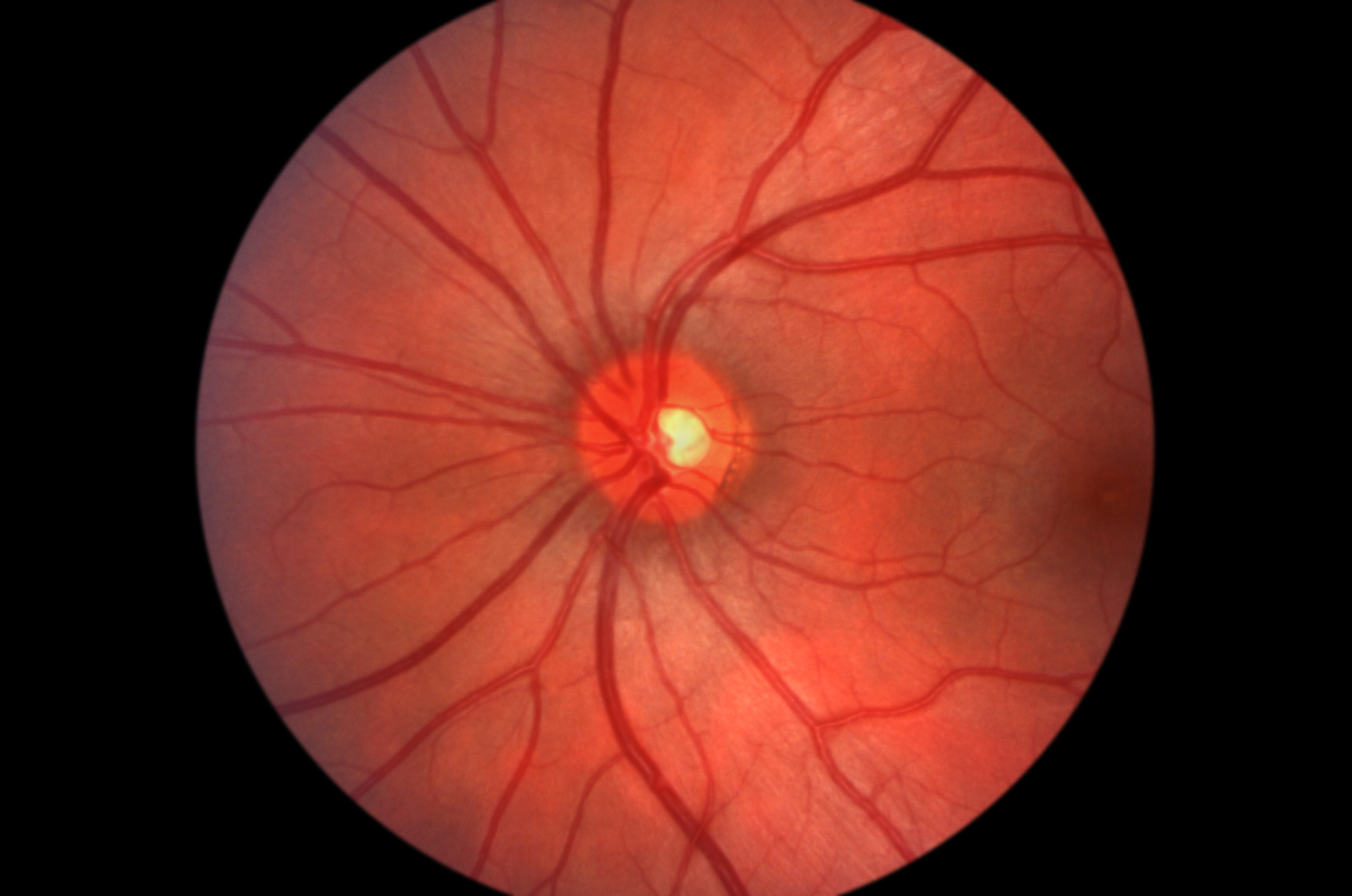Nearly 17 million children with low vision or blurred eyesight lack visual aids, services or spectacles. 2008 has seen a number of promising international initiatives to improve paediatric eye care in regions where access to professional clinics is limited. Many related projects are part of ‘Vision 2020’, a
global initiative of the World Health Organization (WHO) and the International Agency for the Prevention of Blindness (IAPB). ‘Vision 2020’ aims to reduce the global prevalence of childhood blindness from 0.75 per 1,000 children to 0.4 per 1,000 children by 2020.
Nearly 17 million children with low vision or blurred eyesight lack visual aids, services or spectacles. 2008 has seen a number of promising international initiatives to improve paediatric eye care in regions where access to professional clinics is limited. Many related projects are part of ‘Vision 2020’, a
global initiative of the World Health Organization (WHO) and the International Agency for the Prevention of Blindness (IAPB). ‘Vision 2020’ aims to reduce the global prevalence of childhood blindness from 0.75 per 1,000 children to 0.4 per 1,000 children by 2020.
Dutch Scientists Launch Hand-adjusted Spectacles for the World’s Poorest Children
Dutch scientists have completed prototype designs on a series of innovative ‘one-sizefits- all’ spectacles that can be hand-adjusted with a range of 0 to -6, intended for the 10 million poor children worldwide who cannot access eye clinics. The ‘U-specs’ were developed by Dr Rob van der Heijde at Amsterdam’s Free University Medical Centre. They work via a two ‘saddle-shaped’ lens system, in which the back lens shifts vertically against the fixed front lens, changing the power of the combined lenses (see Figure 1).
U-specs will be tested in Indian hospitals between July and September this year, mainly in children with myopia, followed by a commercial pilot in Guatemala and India from late 2008 until mid-2009. If successful, the d.o.b. foundation, which supports the enterprise, plans to produce the spectacles in large quantities and distribute them via local organisations and entrepreneurs at a price of around €3 per pair. ■
ORBIS International and the ‘Flying Eye’
ORBIS International has set up long-term national blindness prevention programmes in Bangladesh, China, Ethiopia, India and Vietnam, and carries out regional work in Latin America and the Caribbean. ORBIS also provides specialised training to professional eye doctors through fellowships and hospital-based
programmes. Last year, seven ORBIS-funded Bangladeshi centres treated over 100,000 paediatric eye patients and performed 2,700 eye surgeries, accounting for 80% of the country’s total paediatric eye care services.
Of particular note is ORBIS’s ‘Flying Eye Hospital’ (see Figure 2), literally a mobile teaching hospital containing a classroom, operation room, laser treatment room and sterilisation room. On board the DC-10 aircraft, ORBIS’s international medical team trains local doctors, nurses and technicians. Since 1982 the aircraft has visited over 85 countries, including Myanmar, Syria, Tanzania, Uganda, Vietnam and China. In the last two years alone, the Flying Eye has hosted hundreds of surgical operations and 326 surgeries (including 89 on children) and offered training to 950 doctors and nurses. ■
USAID Micronutrient and Child Blindness Project
The United States Agency for International Development (USAID) collaborates with national governments, international agencies, non-governmental organisations (NGOs) and pharmaceutical companies to combat child blindness worldwide. It has a particular focus on vitamin A supplementation, operating programmes providing cheap vitamin A dosage (at two cents per dose). USAID also provides immunisation programmes against measles and trachoma, which can lead to blindness, as well as distributing antibiotics, including Ivermectin/Mectizan®, a deworming medication for onchocerciasis (river blindness), providone–iodine, an inexpensive disinfectant for the prevention of neonatal conjunctivitis, and Zithromax®, a single-oral-dose antibiotic for trachoma treatment.
Other enterprises include the Helen Keller International Project, which in 2003 provided 34,500 free pairs of glasses to students in Oaxaca, Mexico, and is developing microfranchises for spectacles distribution in Andhra Pradesh, India. USAID-supported interventions have touched several European nations, including Bulgaria, Croatia, Estonia, Poland, Romania and Turkey.■







